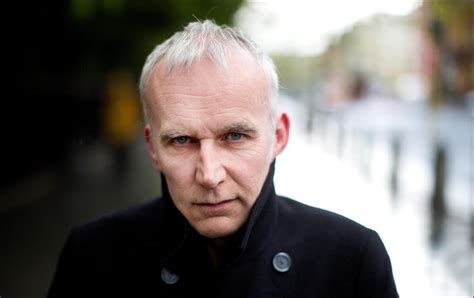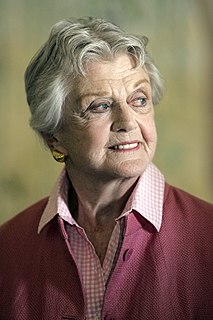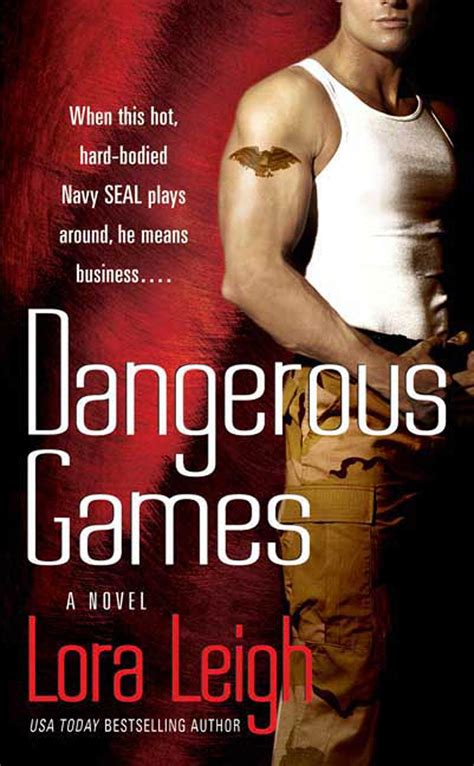A Quote by Catherine Brady
My Irish Catholic mother loved romantic movies, provided they ended with a kiss before the screen went dark. If things went any further than that, she'd complain, Why can't they leave something to the imagination? I sort of subscribe to her philosophy when it comes to writing sex.
Related Quotes
She suddenly understood why she had let him kiss her in the diner, why she had wanted him at all. She wanted to control him. He was every arrogant boyfriend that had treated her mother badly. He was every boy that told her she was too freaky, who had laughed at her, or just wanted her to shut up and make out. He was a thousand times less real than Roiben.
Blaire, This was my grandmother’s. My father’s mother. She came to visit me before she passed away. I have fond memories of her visits and when she passed on she left this ring to me. In her will I was told to give it to the woman who completes me. She said it was given to her by my grandfather who passed away when my dad was just a baby but that she’d never loved another the way she’d loved him. He was her heart. You are mine. This is your something old. I love you, Rush
He knew why he wanted to kiss her. Because she was beautiful. And before that, because she was kind. And before that, because she was smart and funny. Because she was exactly the right kind of smart and funny. Because he could imagine taking a long trip with her without ever getting bored. Because whenever he saw something new and interesting, or new and ridiculous, he always wondered what she'd have to say about it--how many stars she'd give it and why.
In her enthusiasms she had always looked for something tangible: she had always loved church for its flowers, music for its romantic words, literature for its power to stir the passions and she rebelled before the mysteries of faith just as she grew ever more restive under discipline, which was antipathetic to her nature.
I just wonder what has been the effect on the human soul of nearly a century in which we have regarded sex on screen as generally better than the sex we actually have, the sex which is, in fact, much better than anything we have seen in the movies, becuase it's sex, after all, and in the movies, it isn't.
As he was about to leave, she said, "Murtagh." He paused and turned to regard her. She hesitated for a moment, then mustered her courage and said, "Why?" She though he understood her meaning: Why her? Why save her, and now why try to rescue her? She had guessed at the answer, but she wanted to hear him say it. He stared at her for the longest while, and then, in a low, hard voice, he said, "You know why.
In a way, her strangeness, her naiveté, her craving for the other half of her equation was the consequence of an idle imagination. Had she paints, or clay, or knew the discipline of the dance, or strings, had she anything to engage her tremendous curiosity and her gift for metaphor, she might have exchanged the restlessness and preoccupation with whim for an activity that provided her with all she yearned for. And like an artist with no art form, she became dangerous.
She cried out into his kiss, her hands clawing his shoulders, adrift now in a pleasure that threatened to consume her. In her sexual lifetime she had never known anything like it. Had never tasted such a dark kiss, one that warned her he had no intention of making allowances for sensual inexperience. He was hungry. Needy. And she was the meal he craved.
It was always the same; other people gave up loving before she did. They got spoilt, or else they went away; in any case, they were partly to blame. Why did it happen so? She herself never changed; when she loved anyone, it was for life. She could not understand desertion; it was something so huge, so monstrous that the notion of it made her little heart break.
The man who knelt before her would have sprung from her needles, even down the ghostly flecks of silver in his hair. She had not known before that she wanted all these things, that she preferred dark hair and a slightly cruel expression, that she wishes for tallness, or that a man kneeling might thrill her.






































